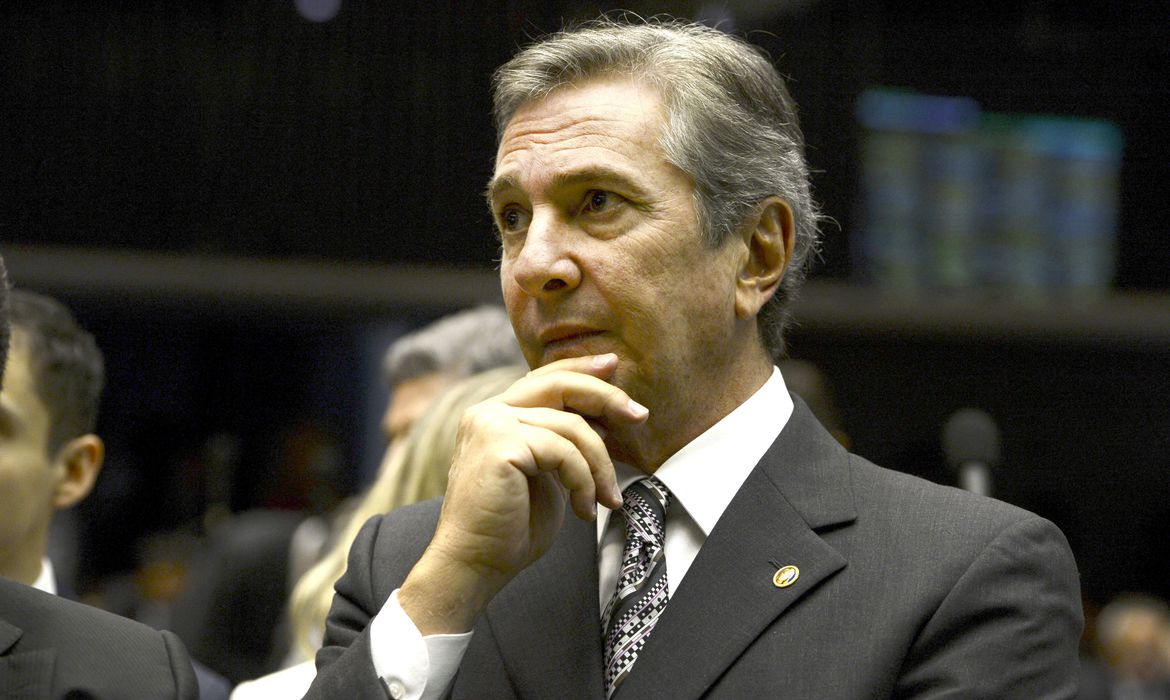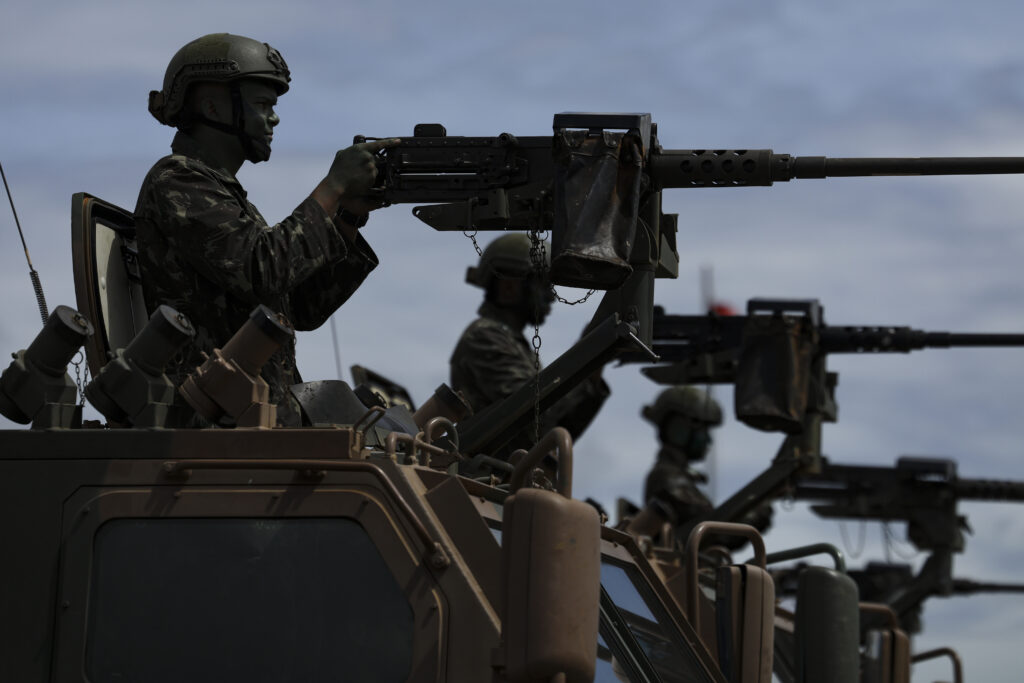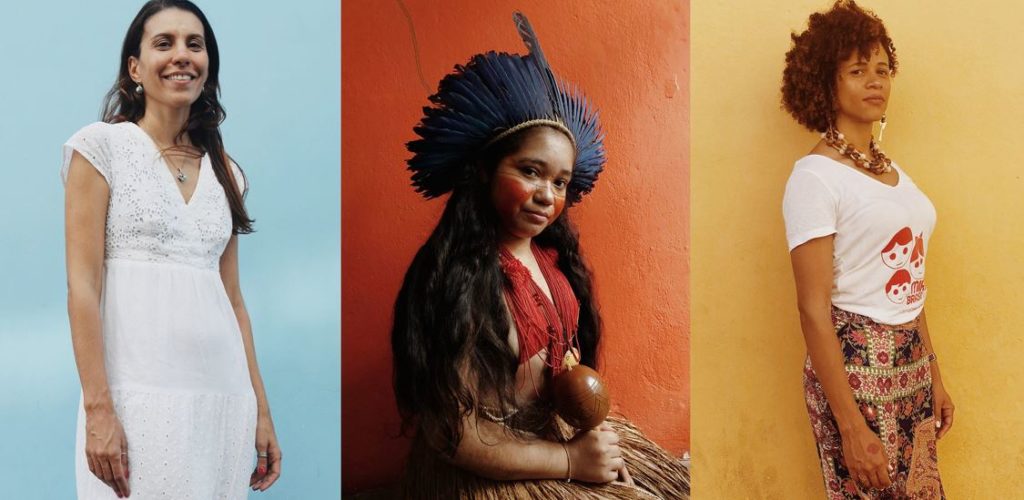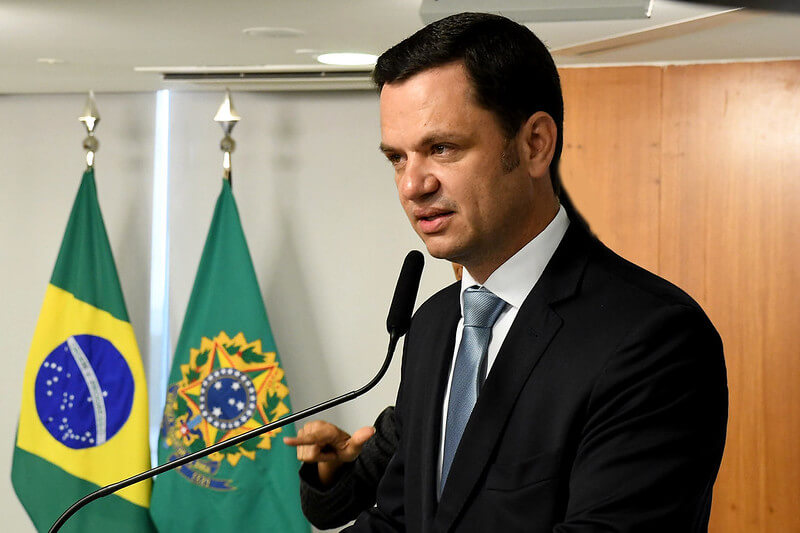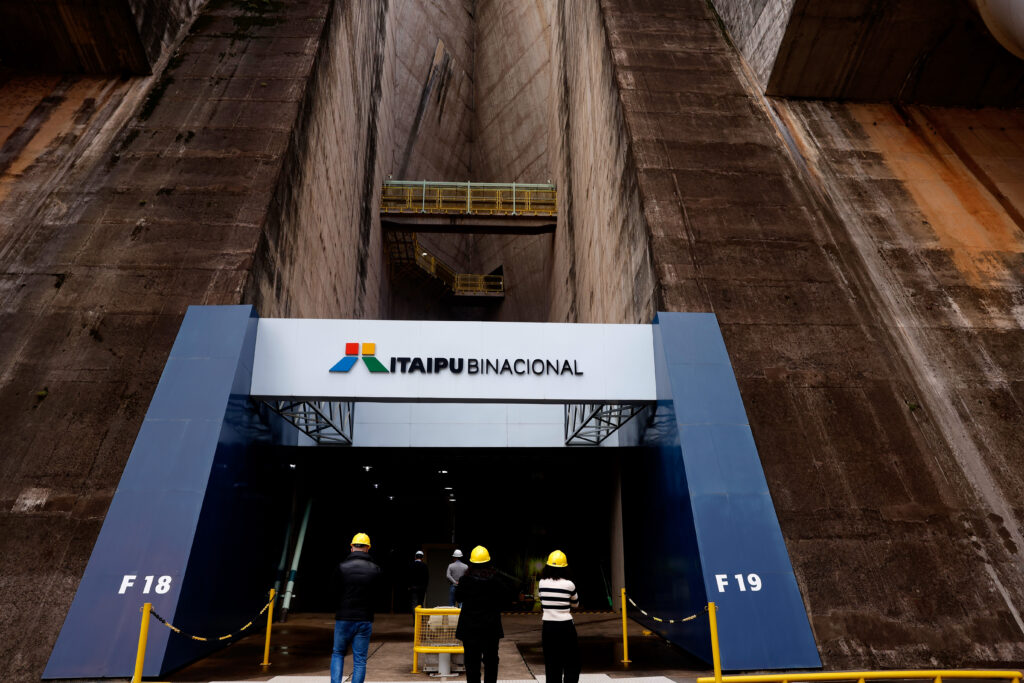São Paulo, Brazil – Brazil’s Supreme Court sentenced former President Fernando Collor de Mello, who led the country from 1990 to 1992, to eight years and 10 months in prison for corruption and money laundering.
The disgraced president was accused of receiving R$ 20 million (USD $4 million) in bribes between 2010 and 2014, while he was a senator and director of his former party, the Brazilian Labour Party (PTB).
According to investigations, Collor allegedly used his political influence to help a big construction company, UTC Engenharia, sign contracts with Petrobras, Brazil’s state-owned oil company. As a “reward,” part of the contract money was allegedly diverted and passed on to Collor.
He denied the allegations and said that it was based only on testimonies, without any evidence. The Supreme Court took seven sessions to complete Collor’s judgment, which came in on Wednesday. Judges ruled eight to two in favor of the ex-president’s conviction.
For the rapporteur, Judge Edson Fachin, it was proven that Collor received money for facilitating the signing of contracts between UTC Engenharia and Petrobras. The money, according to the judge, was laundered through many cash deposits in the accounts of Collor and his companies.
Fachin disapproved of the former president’s conduct and said that he is a person who has held numerous elected positions over the years, including president of Brazil, which were “obtained through the confidence deposited by voters.”
“The transgression of the law, on the part of someone who is usually the holder of popular trust for the exercise of power, has much more disapproval than it would in the case of an ordinary citizen,” said the judge.
Initially, Fachin voted to sentence Collor to over 33 years in prison, but most judges followed Judge Alexandre de Moraes’ suggestion to set the sentence at eight years and 10 months.
The former president, who ended his term as senator this year, can still appeal to the Supreme Court itself. If the appeal is denied, Collor could be arrested to serve his sentence.
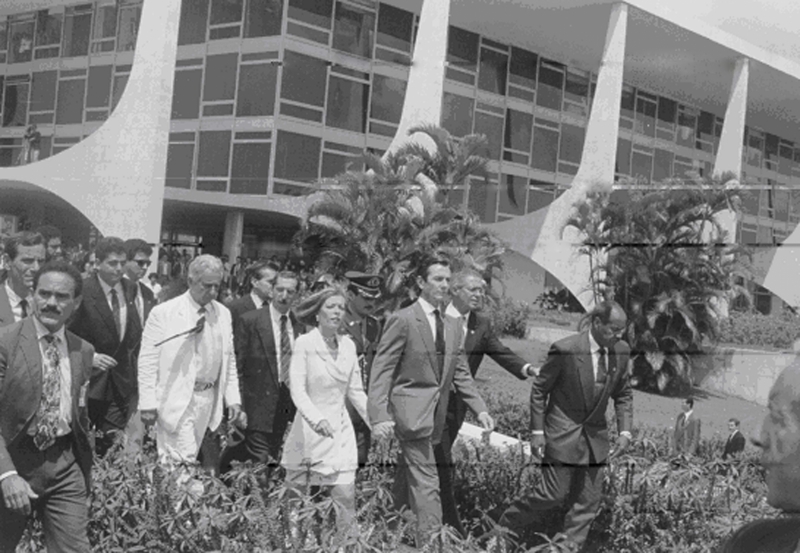
Who is Fernando Collor de Mello?
Despite being born in Rio de Janeiro, Collor made his political career in the state of Alagoas, in northeastern Brazil. He was mayor of the capital Maceió and governor of the state during the 1980s.
He was elected president in 1989, in the first popular election after the end of Brazil’s military dictatorship (1964-1985). He was the youngest president in the country’s history, elected at the age of 40.
His government was marked by controversial measures, mainly to do with the economy and reducing inflation. His administration confiscated Brazilians’ savings for a period of 18 months. This prevented people from using money they kept in banks, which generated a lot of popular revolt and led to the bankruptcy of companies and the indebtedness of families.
In 1991, his brother, Pedro Collor de Mello, gave an interview in which he revealed cases of corruption involving the president. The allegations led to a huge and historic movement, with people taking to the streets to protest against Collor and asking for his impeachment.
As the protesters used paints in the colors of the Brazilian flag on their faces (green and yellow), the movement became known as “caras pintadas” (painted faces).
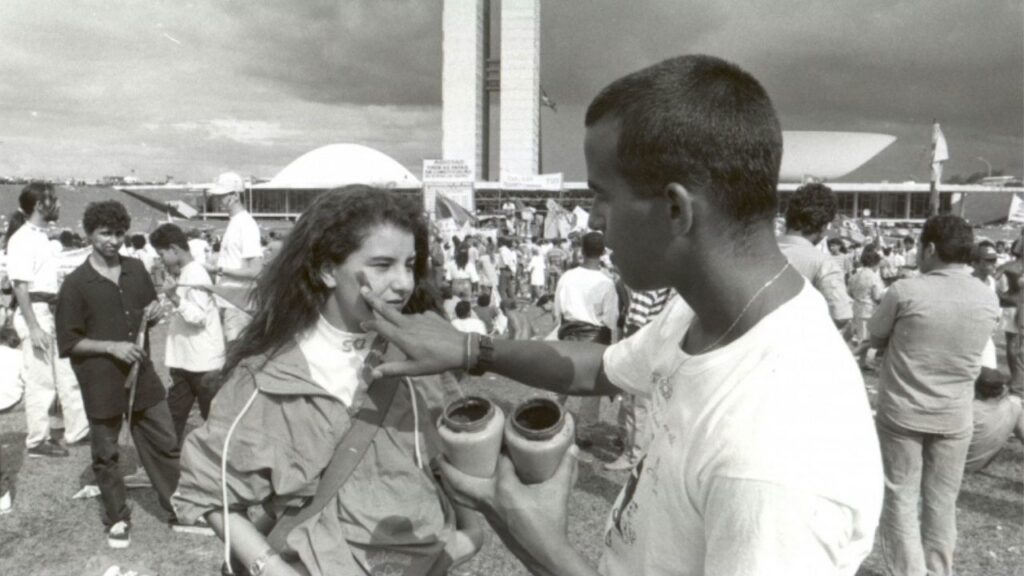
To avoid impeachment, which would prevent him from running for new elections in the following years, Collor resigned as president on December 29, 1992. But, as the impeachment process had already been initiated in Congress, it was voted on and approved the next day.
Collor stayed out of the spotlight for almost 10 years, but ended up returning to political life. He was elected Senator in 2006 and then re-elected in 2014. It was during this period that allegations of corruption emerged, which led to his conviction by the Supreme Court.


